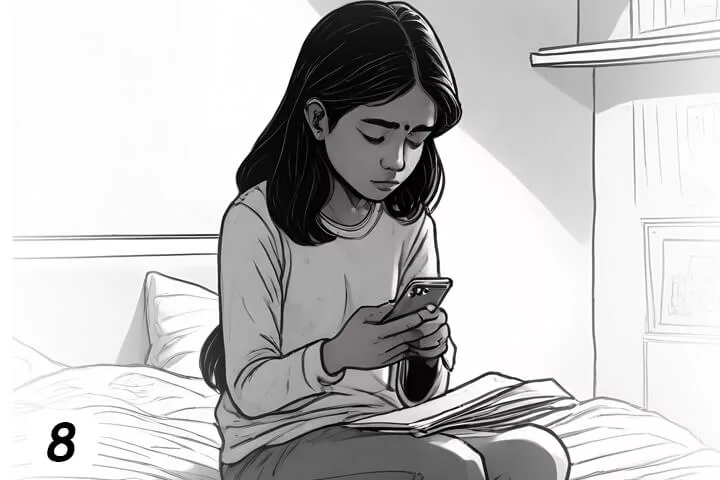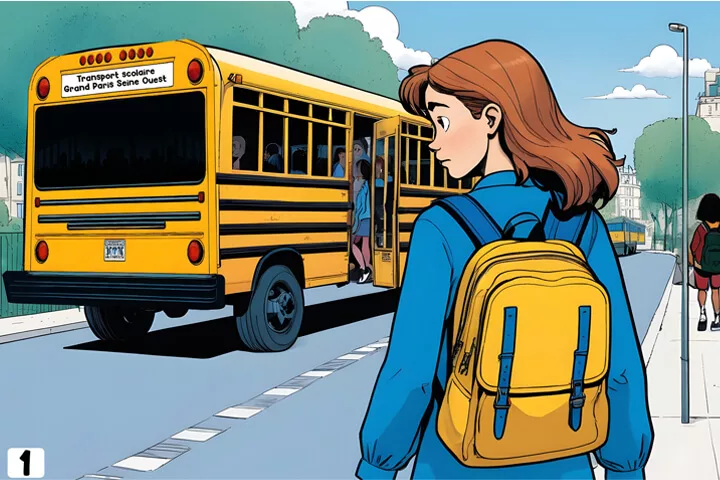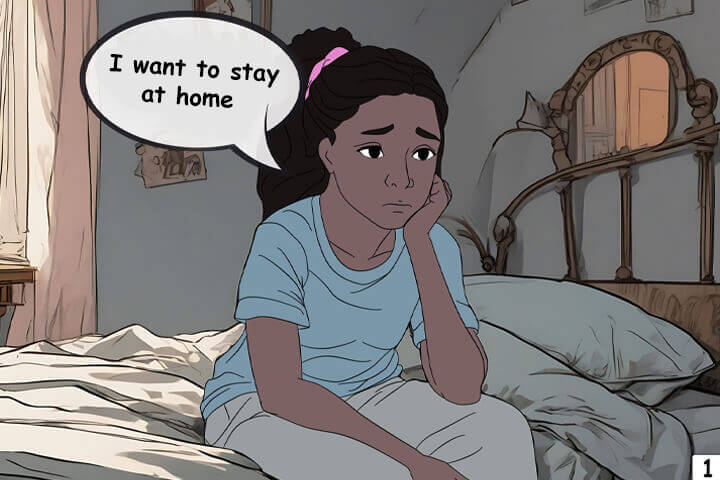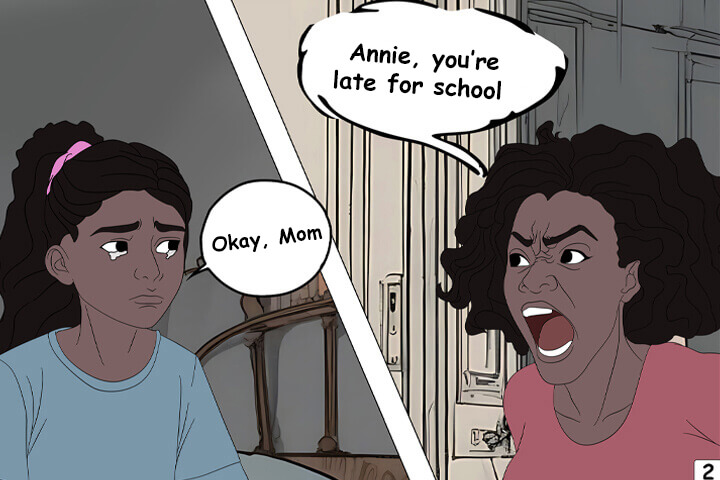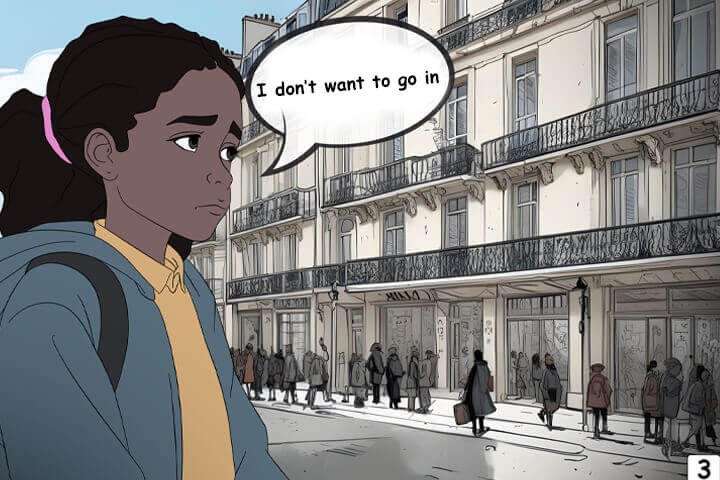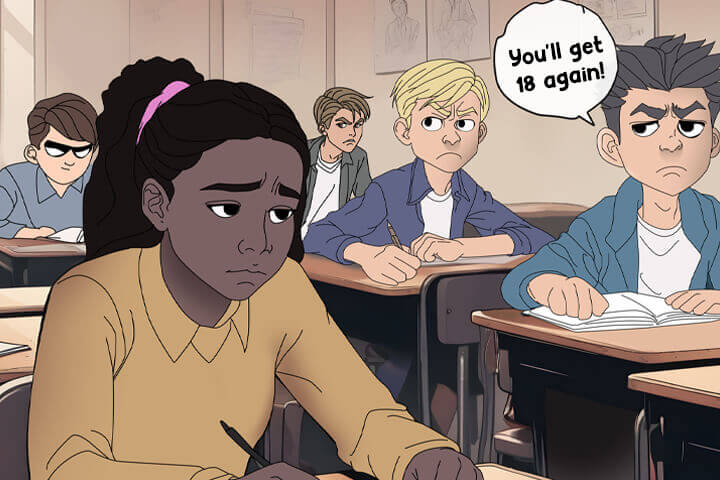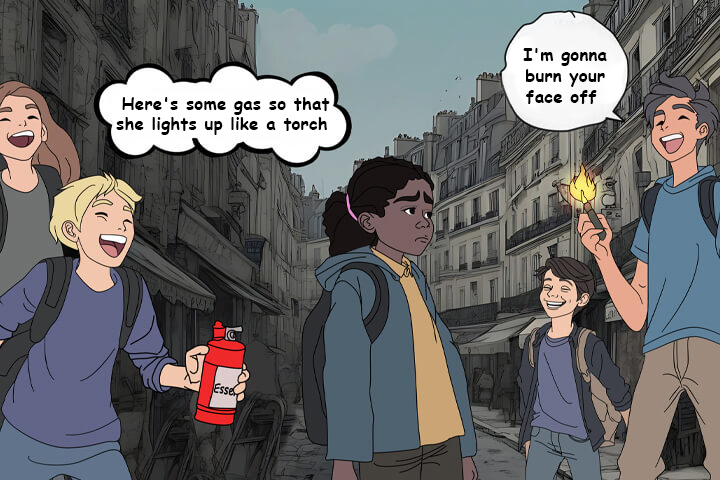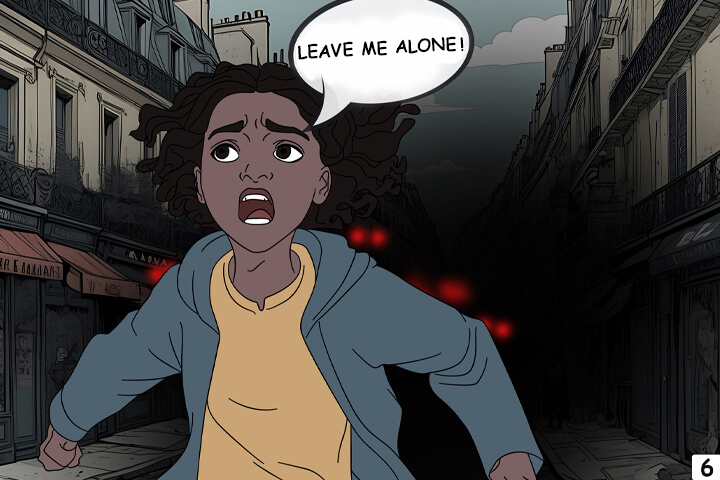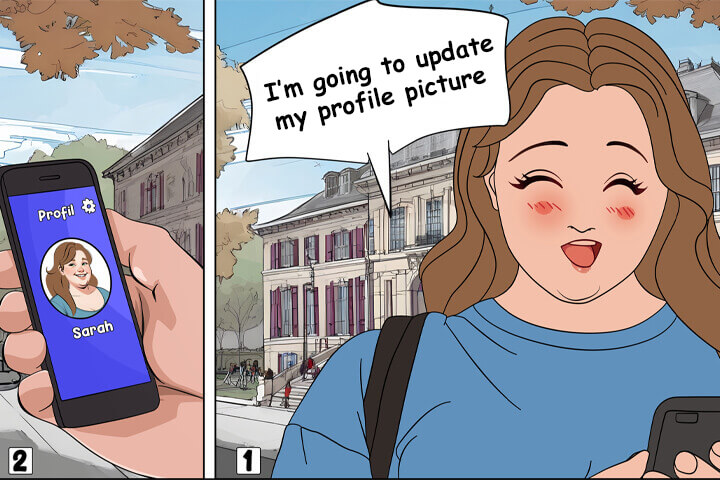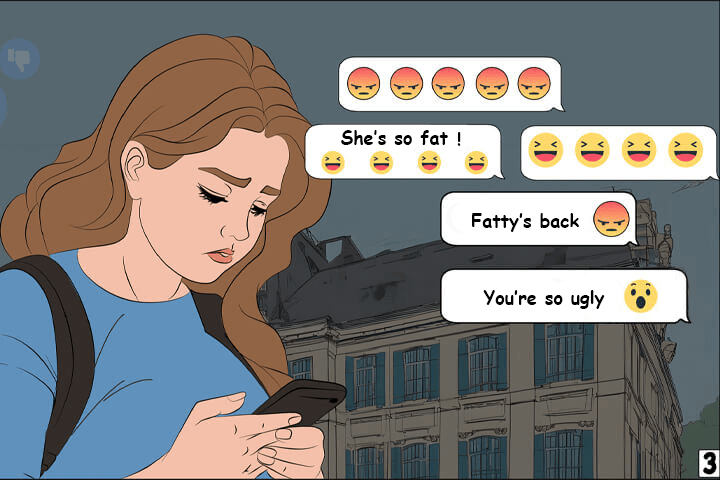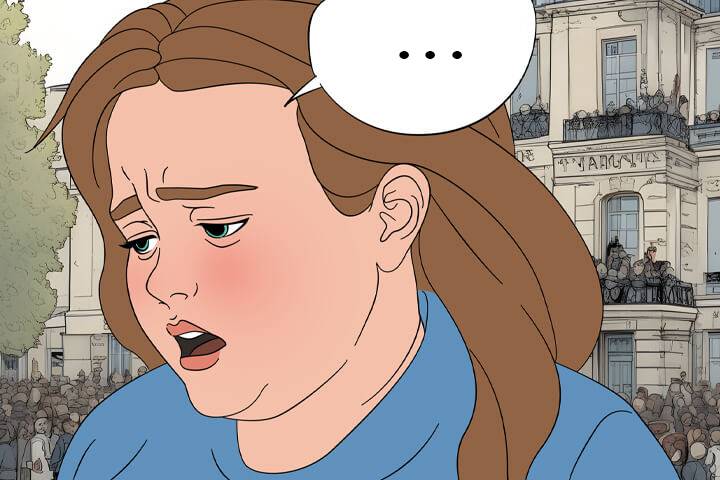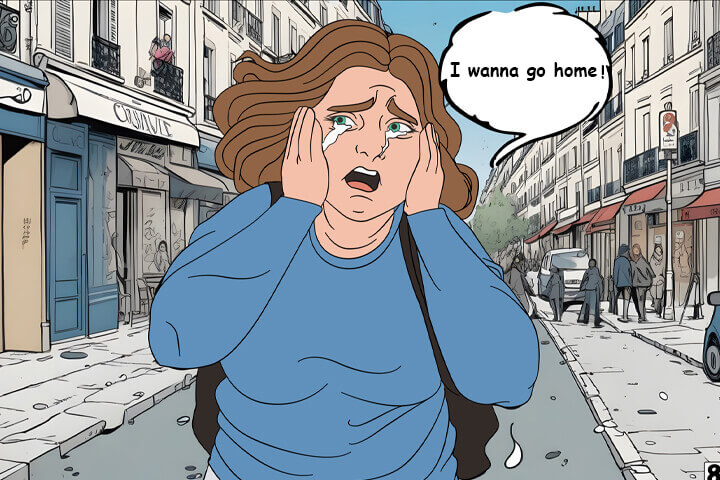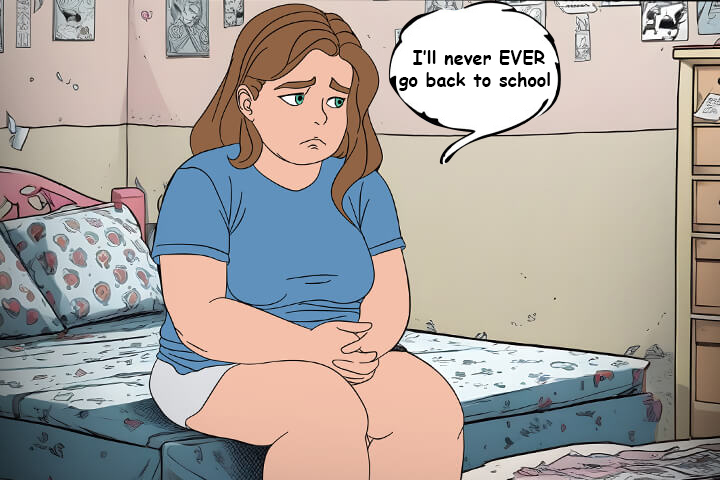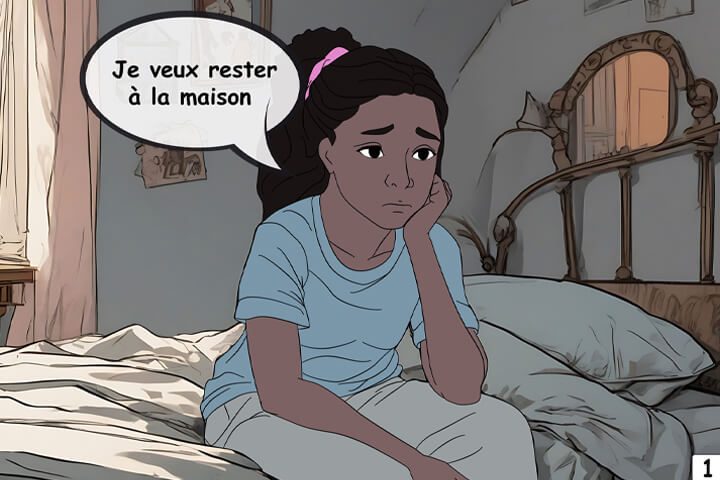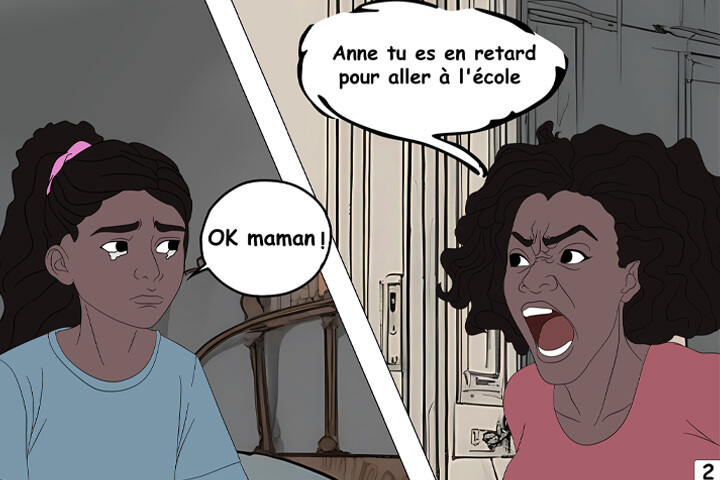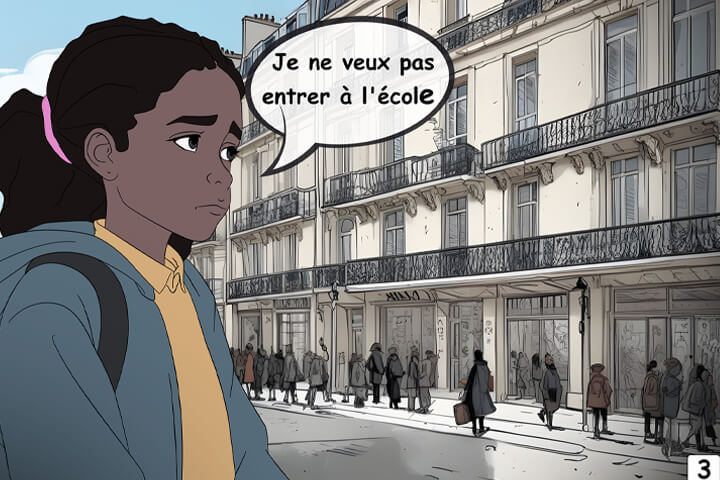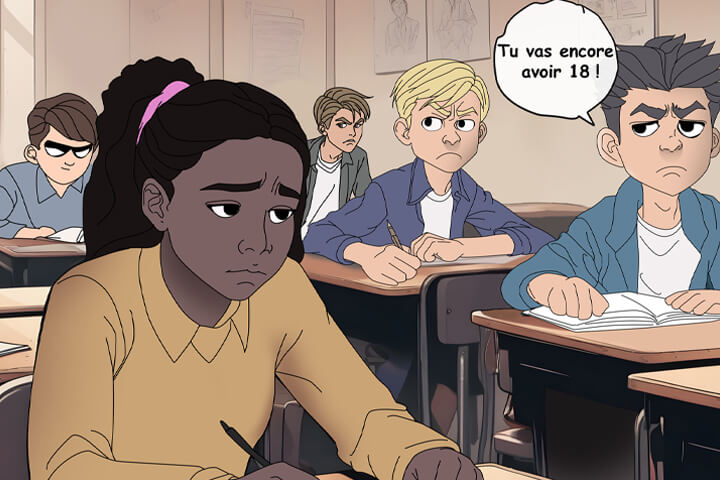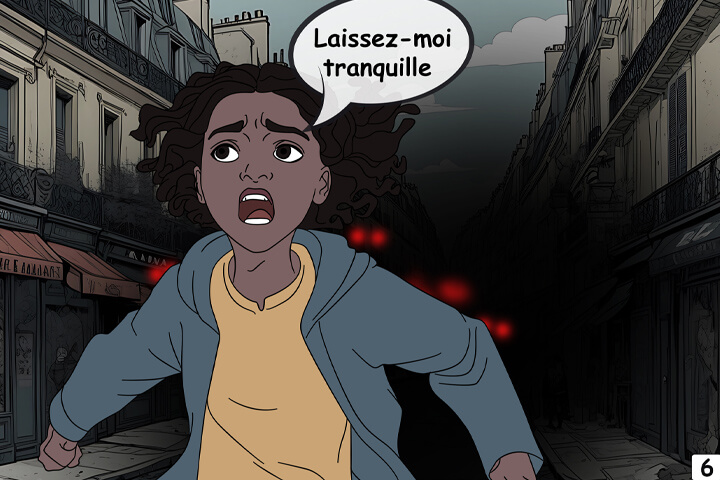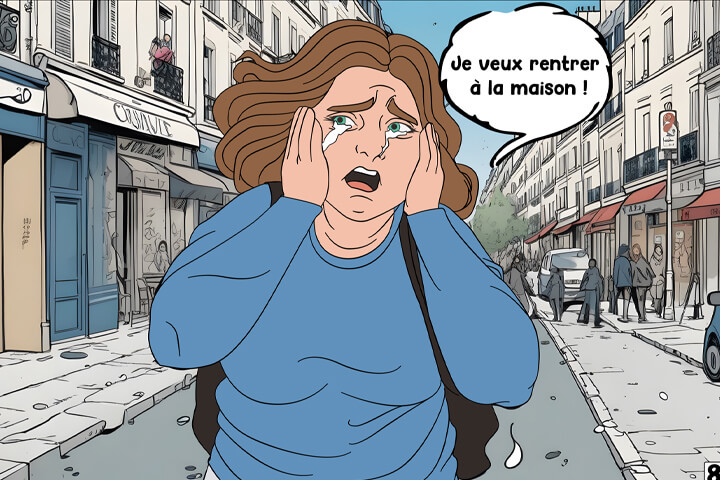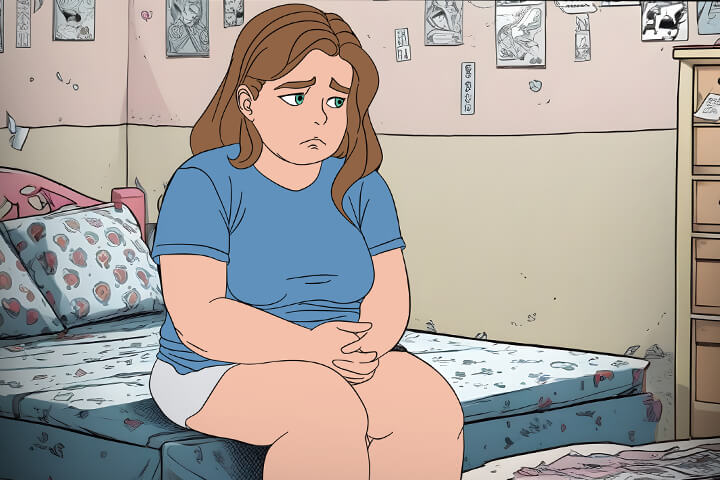Teachers Facing School Bullying: Witnesses, Actors, or Protectors?
Teachers Facing School Bullying: School bullying constitutes one of the main educational challenges of our time. In France, nearly one in ten students reports being a victim, according to figures from the Ministry of National Education. Behind these realities are teachers, positioned on the front line. As direct or indirect witnesses, they are often called upon to act as mediators. Yet their role is weakened by a lack of specific training, insufficient institutional resources, and psychological barriers when faced with complex situations. The question then arises: how can we transform the teacher, often a powerless bystander, into an effective protective actor?

The Barriers to Teachers Facing School Bullying
The Fear of Retaliation and Escalation
Many teachers hesitate to intervene for fear of triggering an escalation of violence. Reporting bullying can create tensions with families, and even lead to a loss of authority in the classroom. Some also fear becoming targets themselves, especially in schools where the climate is already tense.
The Trivialization of the Phenomenon
Another obstacle lies in the trivialization of bullying, often seen as an extension of ordinary teasing or common conflicts between students. This minimization, rooted in an educational culture still tolerant of certain forms of “horseplay,” delays intervention and worsens the suffering of victims.
The Lack of Specific Training
In France, initial teacher training devotes little time to issues of school bullying. The majority of teachers acknowledge lacking the tools to identify early warning signs, communicate with families, and support the students concerned. This shortcoming creates a sense of powerlessness that sometimes leads to inaction.
The Impact of School Bullying on Teachers’ Mental Health
An Often Underestimated Emotional Burden
Being confronted with bullying on a daily basis does not leave teachers unscathed. Research shows that repeated exposure to verbal or physical violence, even as witnesses, causes emotional stress comparable to that experienced by the victims.
Symptoms of Occupational Stress
Teachers who are regularly exposed to bullying situations are more likely to develop symptoms of chronic stress: sleep disorders, severe fatigue, irritability. Some eventually adopt avoidance strategies, choosing to turn a blind eye to conflicts in order to preserve their own personal balance.
The Risk of Burnout and Disengagement
In the long term, the lack of institutional support increases the risk of burnout. Union surveys indicate that teachers rank the management of school violence among the leading factors of professional disengagement. This weakening undermines their ability to fulfill their educational and protective mission.
Training Policies and Existing Measures
The Situation in France
Since 2015, national action plans to combat school bullying have been introduced, including awareness modules for teachers. However, these training sessions often remain occasional and theoretical. The gap between institutional ambitions and the reality on the ground limits their effectiveness.
European Examples
Some European countries offer inspiring models. In Finland, the KiVa program has transformed the role of teachers by providing them with precise intervention protocols, pedagogical tools, and continuous support. In Norway, training systematically incorporates the management of conflicts and school violence into the initial curriculum. These approaches demonstrate that thorough, sustained, and mandatory training enhances teachers’ ability to act and significantly reduces bullying situations.
Towards a Recognition of Teachers’ Protective Role
Strengthening Initial and Ongoing Training
Integrating mandatory and practical modules on the prevention and management of school bullying into initial teacher training is a priority. Simulation workshops and case studies would make it possible to transform theoretical knowledge into operational skills.
Developing Stronger Institutional Support
The establishment of listening and mediation units within schools would provide teachers with a space to share their difficulties and find collective solutions. Dedicated psychological support would also help reduce the risk of professional burnout.
Promoting an Educational Culture of Care and Kindness
Teachers must be recognized as key players in the prevention of bullying. This requires valuing their protective role in educational policies and promoting a school culture based on respect and cooperation. Regular awareness campaigns involving teachers, students, and families would help bring about a lasting change in mindsets.
Conclusion
Teachers occupy a central position in the fight against school bullying. Their daily proximity to students gives them a unique capacity for detection and intervention. Yet this essential mission remains hindered by structural and psychological barriers. Strengthening their training, providing them with concrete resources, and offering solid institutional support appear to be indispensable levers. Transforming teachers into protectors is not only a pedagogical necessity but also a social imperative, as every child has the right to an education that is safe and respectful of their dignity.







